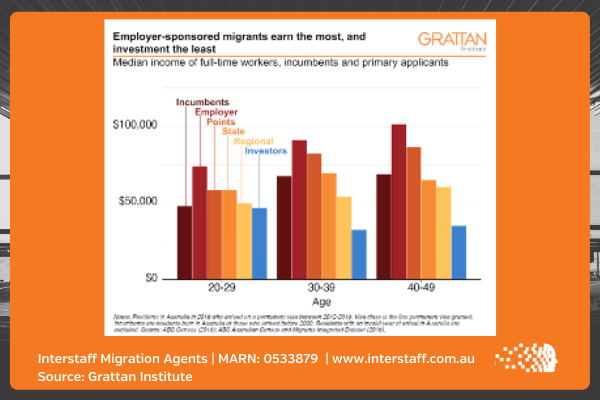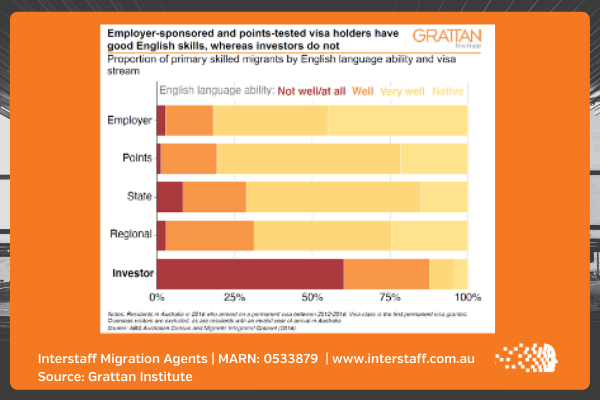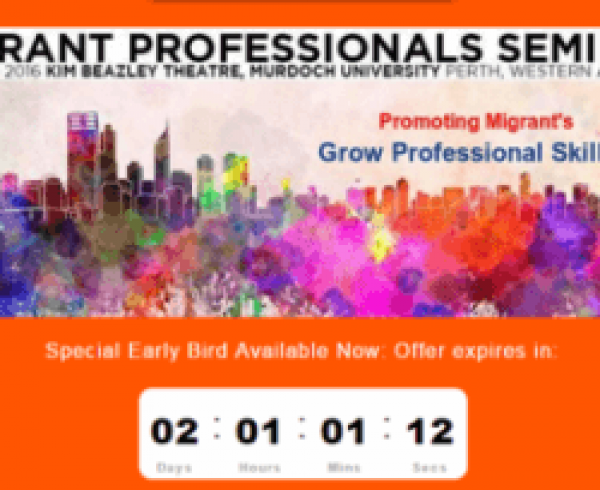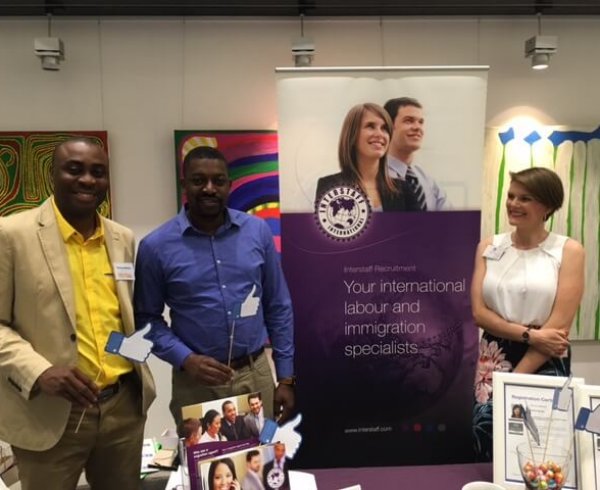The Australian government announced various visa changes throughout COVID-19 and post-pandemic. Through this migration legislation update, we expect the government will continue to review migration settings to attract skilled migrants to Australia during a competitive period for international talent.
Through legislative and policy changes take time, here’s an overview of how we might see migration law shift in 2022.
Recommendations from the Select Committee on Temporary Migration
Temporary visas are a vital component of Australia’s skilled migration program. A report finalised for the Commonwealth Parliament in September 2021 outlined 40 recommendations for change to the temporary migration program, including the following:
- A review of Australia’s visa system to simplify it and improve usability
- Aligning temporary and permanent skilled programs to establish permanent visa pathways for skilled migrants
- Positioning the Seasonal Worker Program and the Pacific Labour Scheme to be the source of low and semi-skilled labour for Australia’s agricultural industry and removing the reliance on the Working Holiday Visa program
- Establishment of targets for acceptable visa processing times
- Increasing the current minimum salary for Subclass 482 visas (currently $53,900)
- Accreditation and Training for employer sponsors on sponsorship obligations
Other recommendations went to strengthening the law to respond to industrial relations matters for visa holders such as claims of wage theft and non or underpayment of superannuation.
The government has yet to fully respond to the recommendations, however, it has moved towards supporting skills shortages in the agriculture industry with the announcement of an Agriculture visa which is undergoing a staged implementation.
The Grattan Institute | Advocating for Fundamental Change to the Skilled Migration Program
The Grattan Institute is an independent research group that provides public policy recommendations. In its detailed report ‘Rethinking permanent skilled migration after the pandemic’ Grattan advocated for fundamental change to the skilled migration program and made a range of interesting recommendations including:
In this report, their noteworthy recommendations include but are not limited to:
- Focussing on permanent migration
- Skilled visas would only be available to positions that earn at least $80,000 a year
- Removing skilled occupation lists as an indicator of eligibility
- Removing the Business Innovation and Investment (BIIP) program
The report suggests that Australia should select permanent skilled migrants for their long-term economic potential which would ultimately provide the greatest benefit to Australia.
Shifting the skilled migration program from a reliance on occupation lists and skills shortages to eligibility by earnings would enable a range of occupations and sectors that are currently unable to use standard visa programs, while potentially removing other sectors that rely quite heavily on migrant workers.
Based on Grattan’s research, employer sponsored and independent skilled migrants earn the most as seen in Grattan’s published graph below. By paying to require visa applicants to be paid a higher salary and focussing on permanent migration, the Australian community will benefit through higher taxes and skills retention.
Grattan’s research also found that employer sponsored and independent skilled migrants have strong English skills in contrast to migrants in the business (BIIP) migration program. For this reason, Grattan advocates removing the BIIP.
What these potential migration legislation changes mean for you
Changes already announced focus on temporary visa holders who remained in Australia during the pandemic and we expect to see more opportunities for permanent residency pathways. These changes may focus on health and hospitality to retain the highly skilled migrants in critical sectors as part of economic recovery. Another key response may be in opening more permanent pathways to those who hold a Temporary Skill Shortage (subclass 482) visa holders in the short-term stream.
At this time, it is not clear whether these recommendations will be accepted and implemented, but they provide clear options and research-based considerations to build momentum for change in the post-COVID-19 era. A change of government in 2022 may also impact what migration legislation changes occur in 2022 and beyond.
With information ever-evolving and more changes expected, staying aware of migration updates and how they could impact your circumstance is essential. For additional support, Registered Migration Agents are best qualified to keep you readily informed with valuable insight.
Interstaff | Over 30 years of visa and migration experience
We encourage you to call Interstaff’s Migration Agents on 01800 449 858, 08 9221 3388 (Perth) or 02 7200 2567 (Sydney) or 03 8319 0902 (Melbourne) or +61 1800 912 042 (International) or get in touch here.
You may also wish to connect with us on Facebook and LinkedIn to keep up-to-date on Australian international travel.
Sources:
Interstaff’s Registered Migration Agents
Prime Minister, Media Statement
Senate Select Committee on Temporary Migration Report

